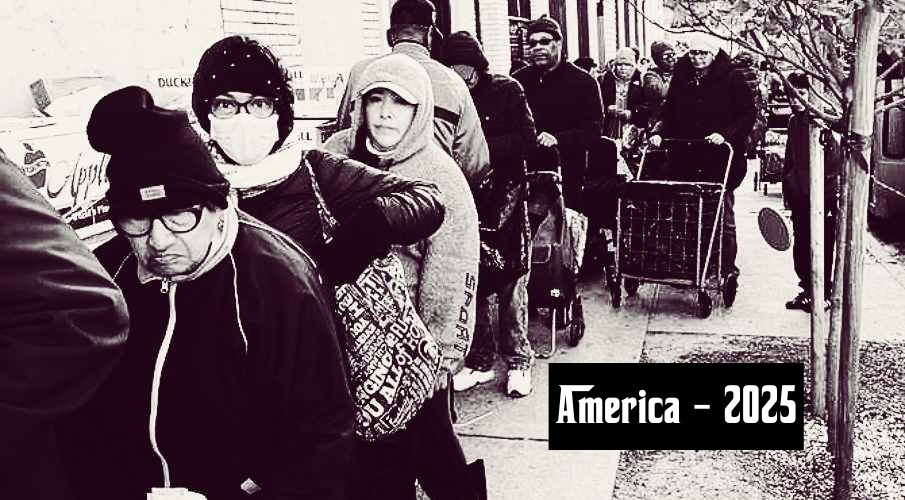It was a legal confrontation that, in its speed, surprised even experienced observers. Within just a few hours of the Trump administration’s emergency motion, the appeals court in Boston ruled that the full benefits of the Supplemental Nutrition Assistance Program – or SNAP – must be paid out. The decision affirmed the ruling of Federal Judge John J. McConnell Jr. of Rhode Island, who had ordered the government to make the November payments in full. The Trump administration had argued that it had only a limited contingency fund available and could not spend more money than that fund contained. Instead, it wanted to cut the benefits and issue only partial payments until Congress released new funds. But the three-judge panel of the First Circuit Court of Appeals unanimously rejected that reasoning. Judges O. Rogeriee Thompson, Lara Montecalvo, and former Chief Judge Jeffrey Howard ruled that the government is legally obligated to provide full support to those in need – regardless of whether political negotiations over the budget have stalled.
Thus, the order remains in place: millions of Americans will receive their full support for November. The food assistance program currently serves about 42 million people – roughly one in eight citizens – and is considered the nation’s most important tool against hunger. In an internal memo, the Department of Agriculture (USDA) had informed the states that it was working to release the funds by Friday. By evening, officials in several states confirmed that the first payments had already been issued.
Behind the scenes, however, the conflict is escalating. That same evening, the administration turned to the Supreme Court to overturn the appeals court’s decision. The Justice Department argues that the order forces the executive branch to spend funds for which no budgetary authorization exists – a direct intrusion of the judiciary into the president’s fiscal authority. Legally, it is a rare step: the case revolves around the boundary between emergency fiscal management and the constitutional duty to maintain social programs.
Judge McConnell had written in his original reasoning that the refusal to pay full benefits was “not only unlawful but morally indefensible” as long as Congress had passed no change in the law. The appeals court left that assessment untouched and sharply stated that the government “cannot arbitrarily decide” which programs to serve in times of crisis and which to neglect. For millions of families, the ruling is more than a technical victory. It means refrigerators will not remain empty and children in low-income households will not have to wait for the next food package. For the administration, however, it becomes a symbol of its fiscal disarray – and a risk. Because if the Supreme Court takes up the case, it could lead to a landmark ruling that would affect all social programs dependent on temporary funding in the future.
Until then, the decision stands: SNAP payments for November must be made in full. In Washington, however, nervousness is growing. The fact that the president is now personally trying to involve the Supreme Court shows how politically charged even basic sustenance has become – and how thin the line has grown that separates poverty from survival in America.
Investigative journalism requires courage, conviction – and your support.
Please also strengthen our journalistic fight against right-wing populism and human rights violations. We do not want to finance ourselves through a paywall so that everyone can read our research – regardless of income or origin. Thank you very much!


Ich bin mir sicher, dass Trump trotz der Anordnung nicht einen Cent auszahlen lässt.
Er zieht es bis zur Entscheidung des Supreme Court.
Und wie diese Marionetten entscheiden werden, wissen wir doch Alle.
Immer im Sinne von Trump
Somit hungern die Menschen weiter 😞
…ja, der kampf geht weiter, auch auf der strasse